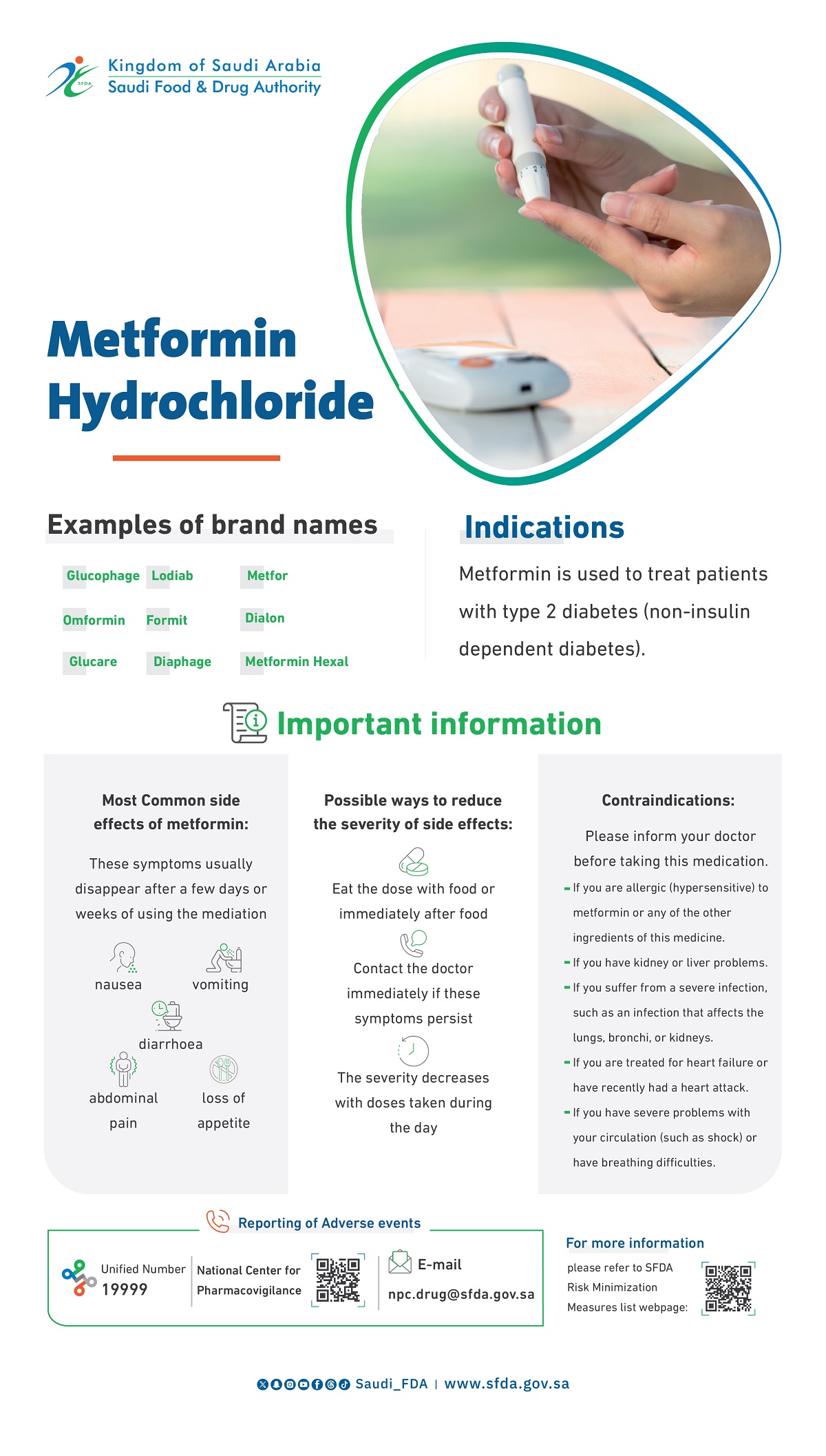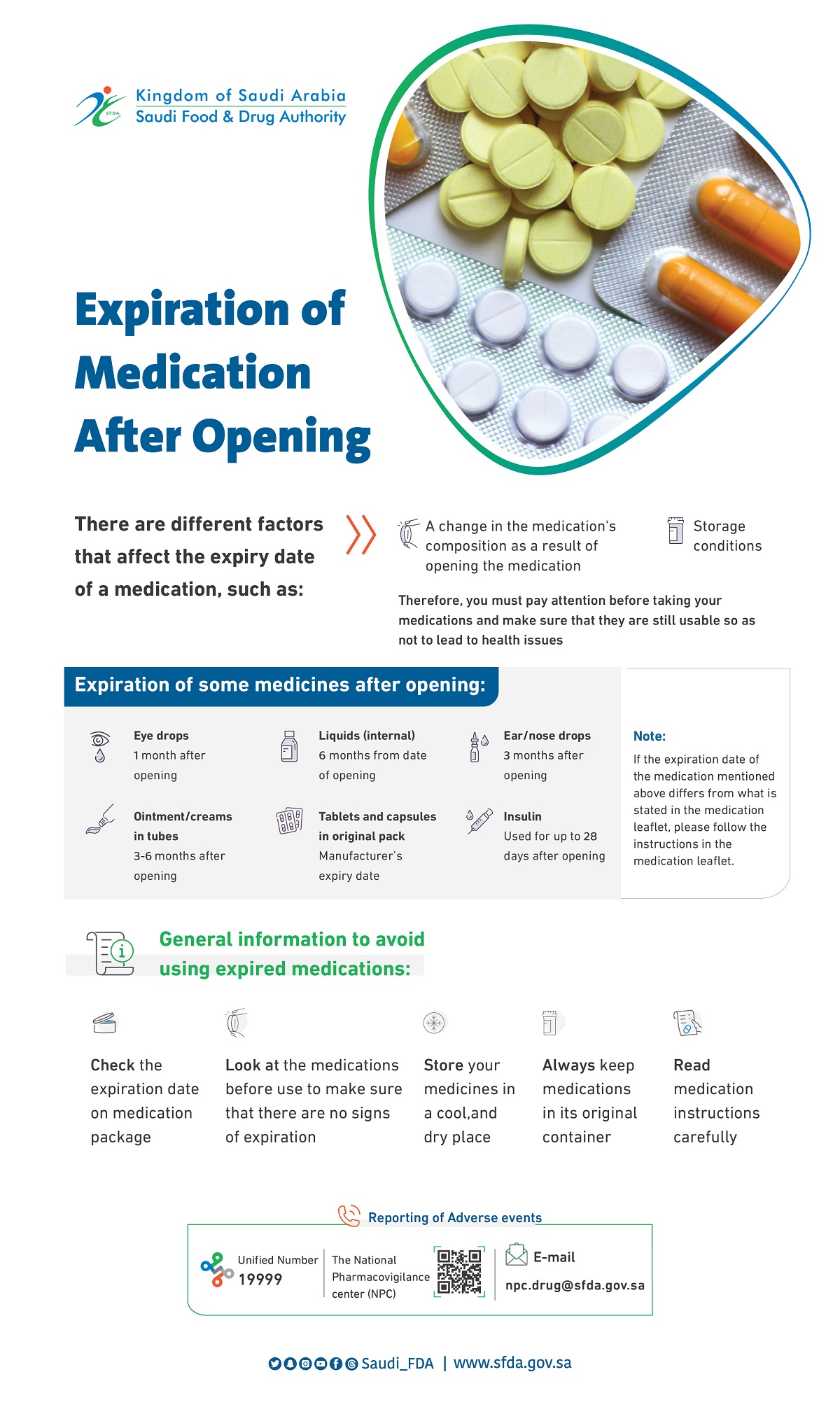

-
About SFDA
About SFDA
SFDA in vision 2030
Authority Strategy
Career and Life
- Information Lists
-
Areas
- Consumer Corner
- Media Centre
- Eservices
Erythropoiesis Stimulating Agents
Erythropoiesis Stimulating Agents
Erythropoiesis Stimulating Agents
2007-03-12
Aranesp (darbepoetin alfa), Epogen (epoetin alfa), Procrit (epoetin alfa)
Audience: Oncologists, nephrologists, other healthcare professionals
FDA notified healthcare professionals of new safety information for erythropoiesis-stimulating agents (ESAs) Aranesp (darbepoetin alfa), Epogen (epoetin alfa), and Procrit (epoetin alfa). Four new studies in patients with cancer found a higher chance of serious and life-threatening side effects or death with the use of ESAs. These research studies were evaluating an unapproved dosing regimen, a patient population for which ESAs are not approved, or a new unapproved ESA. FDA believes these new concerns apply to all ESAs and is re-evaluating how to safely use this product class. FDA and Amgen, the manufacturer of Aranesp, Epogen and Procrit, have changed the full prescribing information for these drugs to include a new boxed warning, updated warnings, and a change to the dosage and administration sections for all ESAs.
FDA notified healthcare professionals of the results from a large clinical trial evaluating use of an erythropoiesis-stimulating agent (ESA) to treat anemia in cancer patients not receiving chemotherapy. In this study, patients received either Aranesp, an ESA, according to the approved dosing regimen or placebo. Patients treated with Aranesp had a higher death rate and no reduction in the need for transfusions compared to those treated with placebo. The findings in the Aranesp study may apply to other ESAs. Additionally, the findings show that treating anemic cancer patients not currently on chemotherapy with an ESA may offer no benefit and may cause serious harm.
Food and Drug Administration




